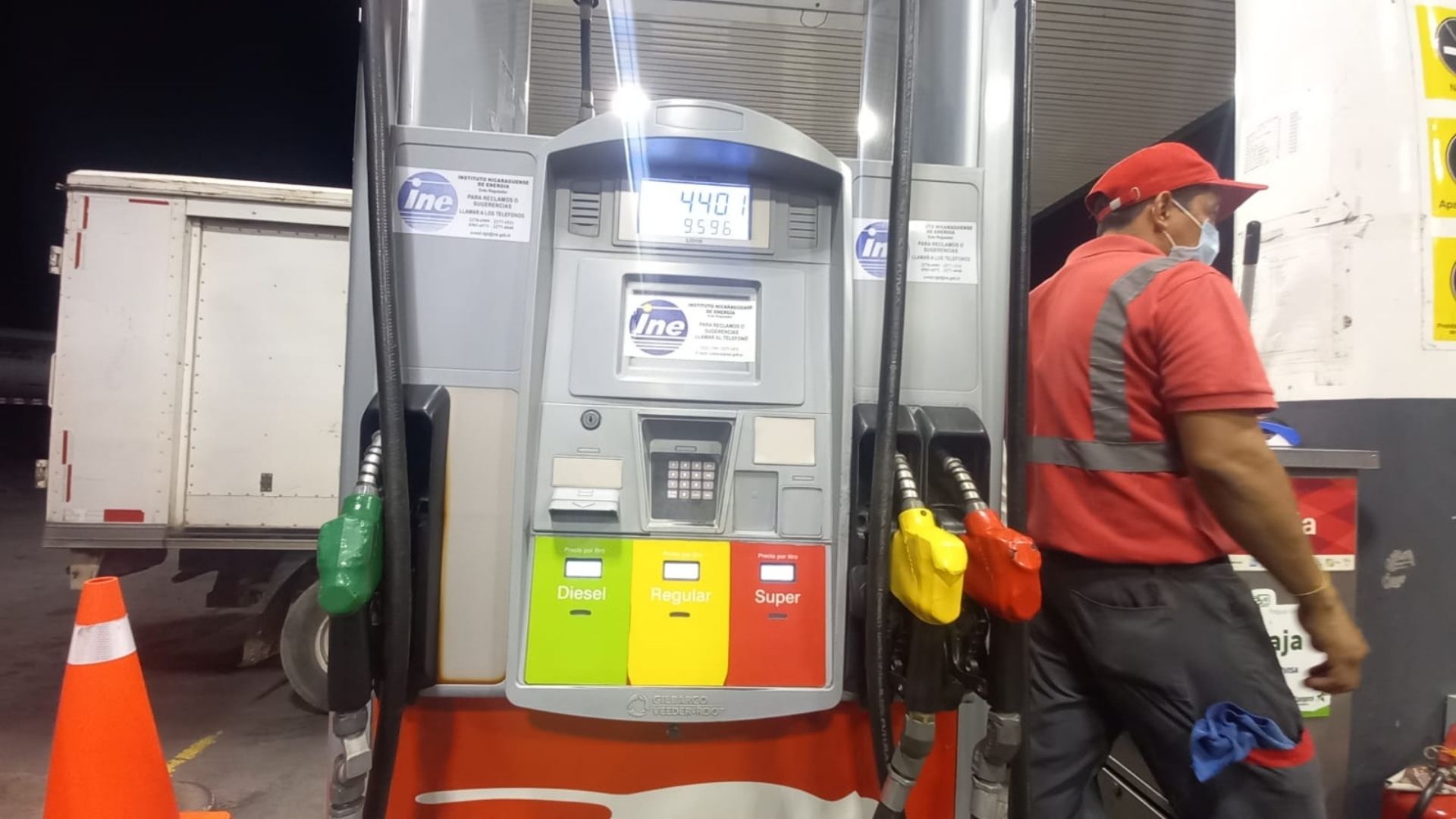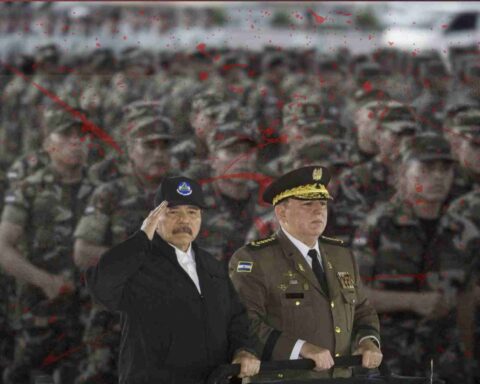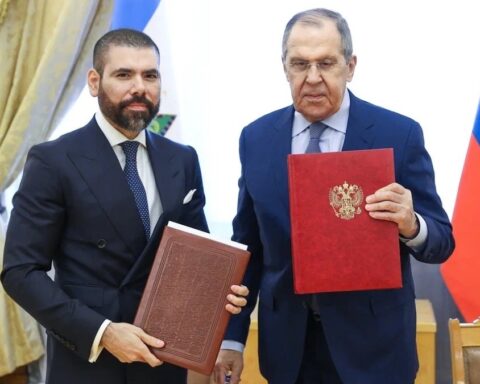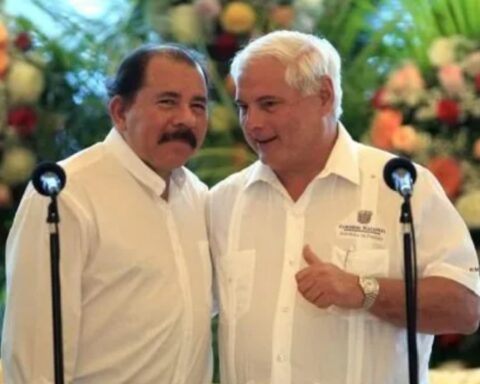The Government of Nicaragua reported this Friday that it will maintain fuel prices, including diesel, the most used by cargo transport and public transport in the country, as well as cooking gas, for the seventh consecutive week starting next Sunday.
The Government, the Ministry of Energy and Mines and the Nicaraguan Institute of Energy (INE) indicated in a joint statement that the State will assume “with its resources” 100% of the “increases corresponding to the week of May 22 to 28” , in the case of super gasoline, regular gasoline, diesel and liquefied petroleum gas.
With this decision, the price of a gallon (3.78 liters) of superior gasoline will remain at $5.19 and that of regular gasoline at $5.07, while that of diesel remains at $4.58.
The Nicaraguan government confirmed two weeks ago that it received a credit line of 220 million dollars from the Central American Bank for Economic Integration (CABEI) to face the impact of international oil prices.
Related news: José Gómez removed as Nicaraguan ambassador to Venezuela and sent to China
Meanwhile, the country’s president, Daniel Ortega, assured that the State disburses between four and six million dollars a week to freeze fuel prices.
According to the INE, the sector regulator, with the price freeze, Nicaraguans will save $1.09 per gallon of superior gasoline, $0.78 per gallon of regular gasoline and $0.48 per gallon of diesel.
In the case of liquefied petroleum gas —used by Nicaraguan households to prepare food—, whose prices depend on the size of the tank and the jurisdiction, they will be the same as seven weeks ago for the 10-pound, 25-pound and 100 lbs.
So far in 2022, there have been nine weekly increases and a drop in the price of regular and super gasoline, and nine increases in the price of diesel in Nicaragua, according to data from the sector’s regulatory body.
Fuel prices are established weekly by distribution companies based on variations in international prices of these derivatives, “that is, these prices are not regulated by the State,” confirmed the INE on its website.








